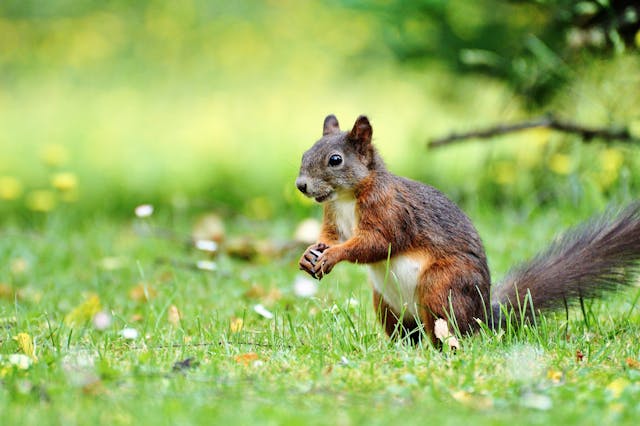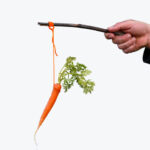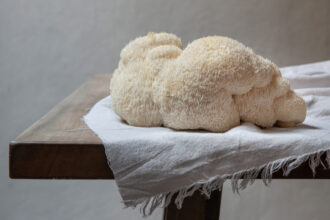A recent neuroimaging study has made a significant discovery: observing natural environments can alleviate the sensation of pain by reducing brain activity linked to pain perception. This research, published in the prestigious journal Nature Communications, was led by teams from the University of Vienna and the University of Exeter. It offers a solid foundation for developing new non-medical treatments for pain relief. By employing functional Magnetic Resonance Imaging (fMRI), the researchers monitored the brains of 49 participants in Austria as they experienced pain induced by mild electric shocks. Notably, when these participants viewed videos of natural scenes rather than urban or indoor office settings, they reported less pain and altered brain responses typically associated with pain processing.
The study utilized advanced machine-learning techniques to analyze brain networks involved in pain processing. It was observed that the intensity of the raw sensory signals received by the brain during painful stimuli was significantly diminished when the subjects viewed high-quality virtual representations of nature. This finding supports previous research suggesting that nature can reduce subjective pain experiences. It represents the first concrete demonstration of how natural environments can influence brain function to mitigate unpleasant experiences.
Max Steininger, a PhD student at the University of Vienna and the study’s lead author, elaborated on the findings. He explained that while numerous studies have consistently shown that exposure to natural settings reduces pain, the exact mechanisms behind this effect were not previously understood. This study is the first to provide evidence from brain scans that the effect is not merely a placebo, driven by people’s expectations that nature will be beneficial, but rather a genuine reaction of the brain, reducing the perception of pain’s location and intensity.
Steininger also highlighted that nature’s pain-relieving effect was found to be about half as effective as traditional painkillers. However, these findings are promising for integrating natural experiences into pain management strategies, complementing existing medical treatments. He stressed that while people in pain should continue using prescribed medications, incorporating natural experiences could enhance pain management in the future.
This research also provides insight into the long-standing mystery of the therapeutic potential of natural settings. Over forty years ago, a pioneering American researcher, Roger Ulrich, demonstrated that hospital patients with views of green spaces from their windows used fewer painkillers and recovered faster than those facing a brick wall. However, the mechanisms underlying this benefit have remained elusive until now.
The new insights from the study offer a robust explanation for why Ulrich’s patients might have experienced less pain and show how virtual nature experiences could extend these benefits to anyone, anywhere. This provides a non-invasive and accessible method for managing pain, offering substantial practical implications for non-pharmacological pain treatments.
Dr Alex Smalley, a co-author from the University of Exeter, emphasized the study’s broader implications. He noted how virtual encounters with nature provide immediate health benefits and reinforce the importance of protecting natural environments. Smalley hoped the results would encourage more people to engage with nature, supporting environmental sustainability and public health. This groundbreaking research clarifies the biological mechanisms behind nature’s role in pain reduction. It opens new avenues for research into non-pharmaceutical interventions that leverage the restorative power of natural environments to enhance mental and physical well-being.
More information: Max Steininger et al, Nature exposure induces analgesic effects by acting on nociception-related neural processing, Nature Communications. DOI: 10.1038/s41467-025-56870-2
Journal information: Nature Communications Provided by University of Exeter








